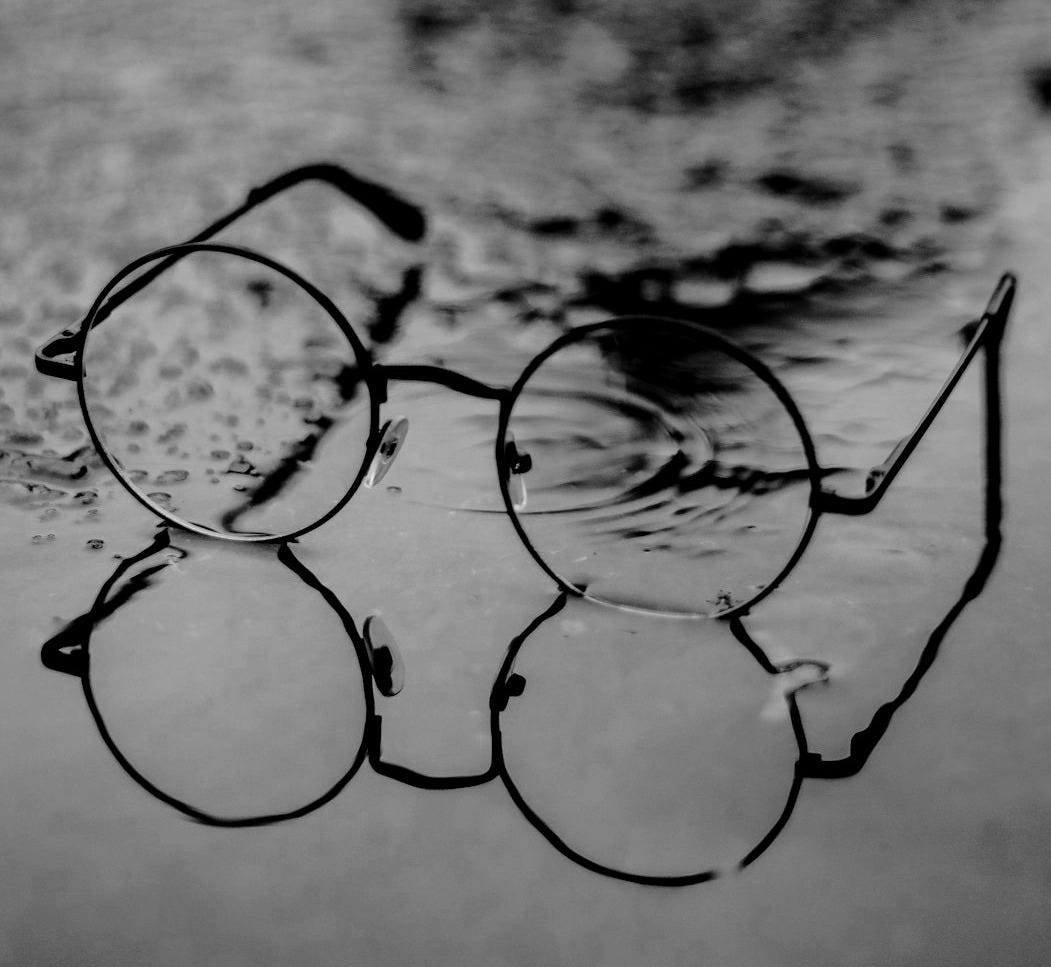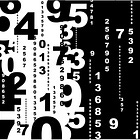When Clarity Finds Us, Not the Other Way Around
What if everything, and I mean every single thing, was suddenly clear?
“Every time we become aware of a thought, as opposed to being lost in a thought, we experience that opening of the mind.” ―Joseph Goldstein
What is enlightenment? And what does it have to do with writing?
On morning walks this month, I’ve been listening to Joseph Goldstein’s talks on the Buddha and enlightenment, which are lovely. He speaks clearly and succinctly about the eightfold path and the value of meditation to see ourselves and our world with less attachment and more awareness.
On evening walks this month, I’ve been listening to The Body by Bill Bryson, which discusses the brilliance of the human body from a purely scientific perspective.
“The great paradox of the brain is that everything you know about the world is provided to you by an organ that has itself never seen that world … To your brain, the world is just a stream of electrical pulses, like taps of Morse code. And out of this bare and neutral information, it creates for you—quite literally creates—a vibrant, three-dimensional, sensually engaging universe. Your brain is you. Everything else is just plumbing and scaffolding.” ― Bill Bryson
The agreements between these texts are stunning. Where they differ, in large part, is language. There is a language for science and a language for spirituality, and if you go deep enough into either, they meet.
They both seem to suggest that when we remember what we are (and are not), we realize that who we are matters less. And it seems paradoxical but often true that when we release striving and grasping for comfort or hoarding for selfish means, we find ourselves expanding. Perhaps this is “enlightenment.” A one with, rather than a one apart.

My father said that once, in his thirties, he felt this expansion. His enlightenment lasted for a short time, but he described it this way.
His thoughts were suddenly clear, and his awareness was heightened. He didn’t have the emotional attachment to outcomes, but rather immersed himself in whatever he was doing, fully understanding it, even embodying it.
He was working at a hospital and found himself in highly technical conversations with doctors about medical procedures he’d never studied, but he understood. He said he no longer felt anxiety or worry and could grasp any concept presented immediately. He understood how everything fell into place, and he said it—life itself, for all its seeming vastness and riddles—made sense.
He trusted it all and felt a part of it all. There was no fear.
This state of heightened awareness lasted for an entire week, then came the day that he woke up to find himself feeling exactly as he had before.
A smart man still, sure, but as hazy and baffled by world events as ever and as eager to prove himself. Meanwhile, he was no longer able to discuss highly technical medical procedures in-depth, even if he had studied them. He was an orderly at the time and hoped to take art classes. He had no great ambitions. He was neurotic and dreamy. He was human.
When I asked him what he was wearing and what he was doing to find this state of enlightenment in the first place, he shrugged.
“Was it drugs? Was it meditation?”
No. He said, “It just happened.”
The human brain is a strange thing. As is the human body. It’s a miracle of a machine, and yet so vulnerable. The cynic in me can’t help but think sometimes that someone at the hospital spiked my father’s hashish with a mild hallucinogen that week (sorry, Dad), or perhaps he has an allergen that he only managed to avoid that one week of his life.
But maybe he truly got a taste of enlightenment, and maybe that was just a sort of surrender.
Imagine what pure clarity, if only for a day, might mean. Imagine the kind of creative flow that allows you to channel, as a brilliant artist says she does with her paintings.
I like to think it would mean great relief. No “Why am I here?” questions. No trying to figure it out or rationalize. No arguing! Simple awareness and surrender to the miraculous nature of what is.
Accepting our foibles and limitations as individual humans on this planet is a radical thing. But maybe pausing the search also allows us to remember that if something like total clarity arrives in our lives, it’s unlikely it will have happened because we sought it out. It’s the search, after all, that may keep us from seeing and feeling our potential as humans.
Creative prompt: Explore what enlightenment means to you in your art/writing, or if you even think it’s possible, even for a moment. What might it look like on the canvas or page?
Paid subscribers: Join our creative resilience and accountability circle by signing up here, and we’ll see you on Aug 1 on Zoom.






“Why am I here?”
I believe I'm here for the mystery, not so much for clarity. I hope I can be lucid as I experience my final breaths.
What your father was describing may be the phenomenon of knowledge fitting in with a set of understandings or information previously processed. I used to teach a class on creativity and the idea that fits in with previous norms is more useful than the idea that comes on “out of the blue “ or box. This seems to be counter intuitive to the notion of total genius